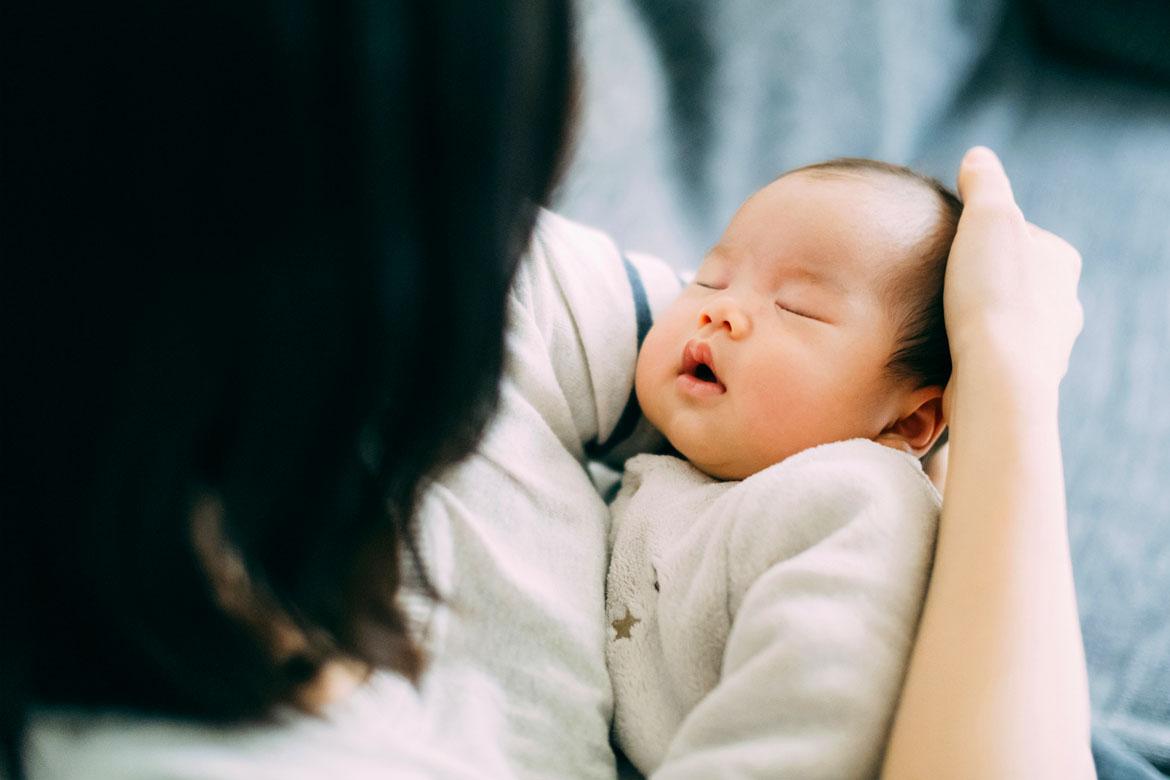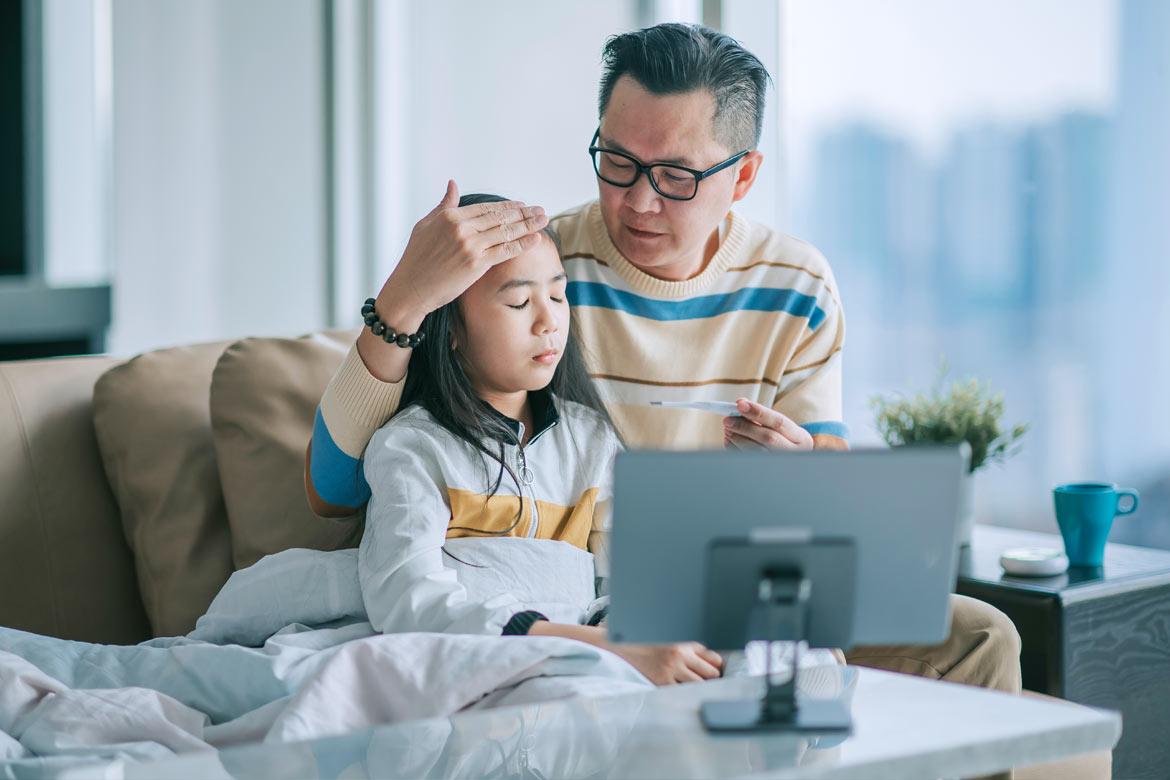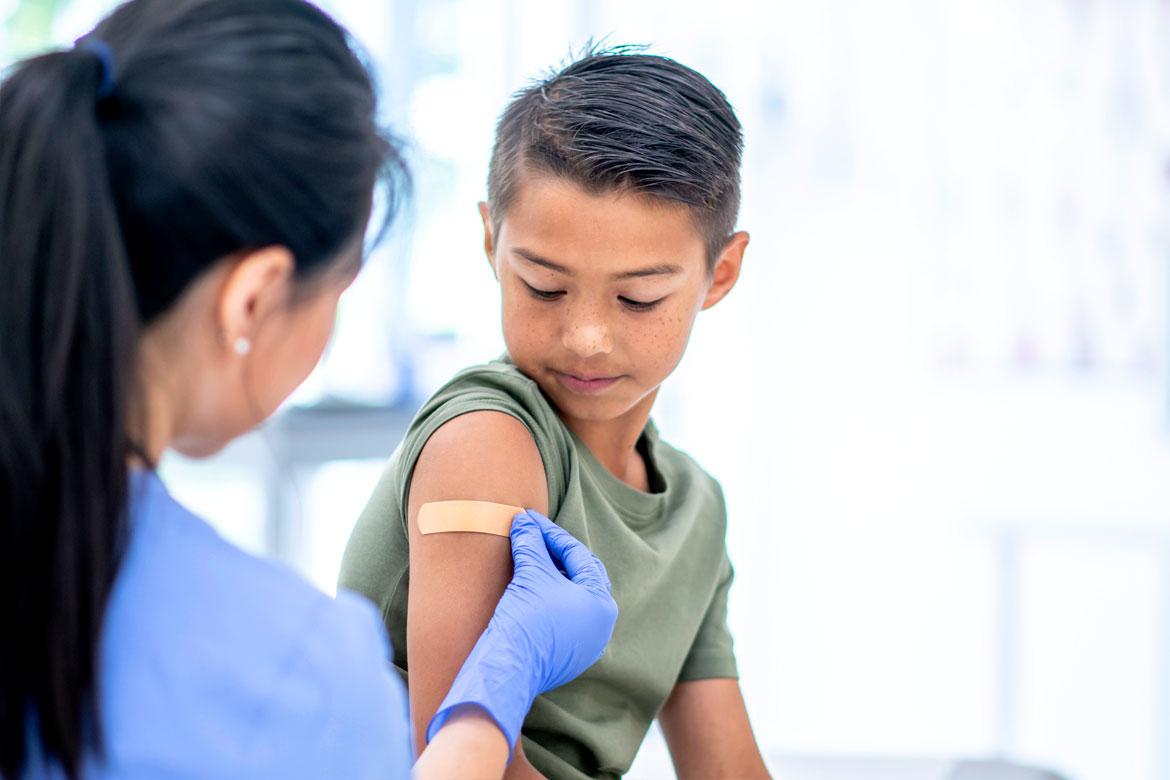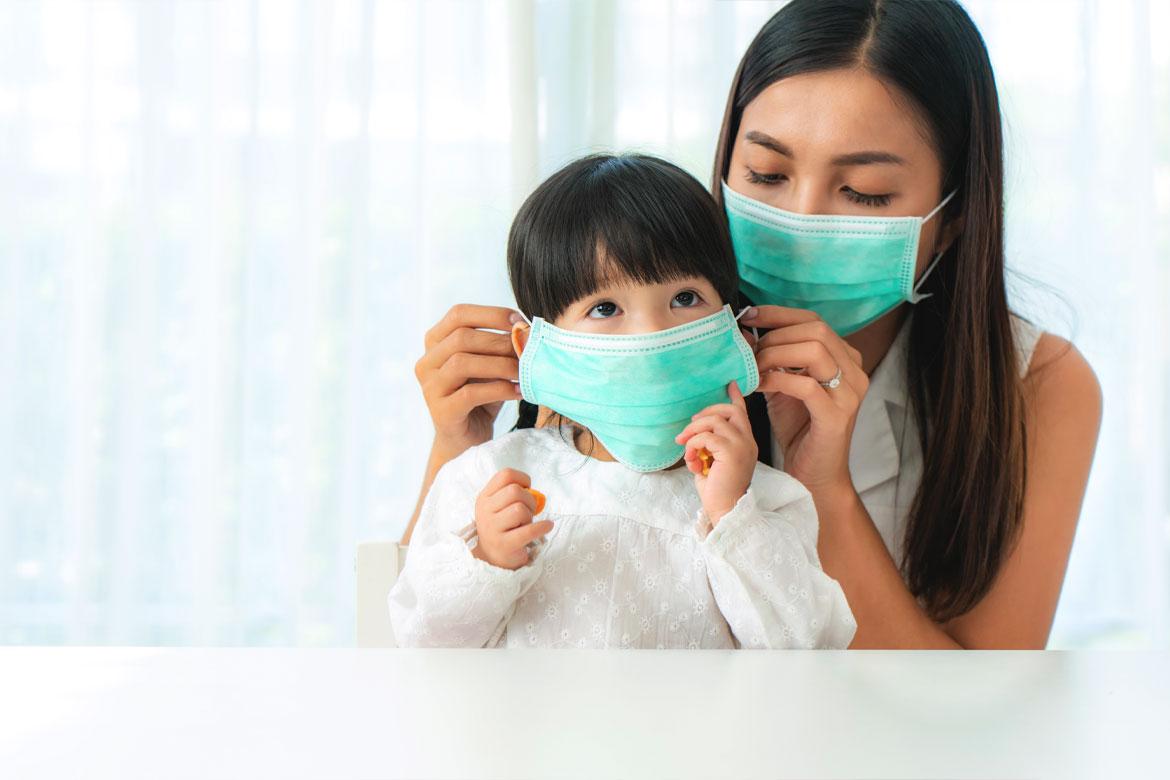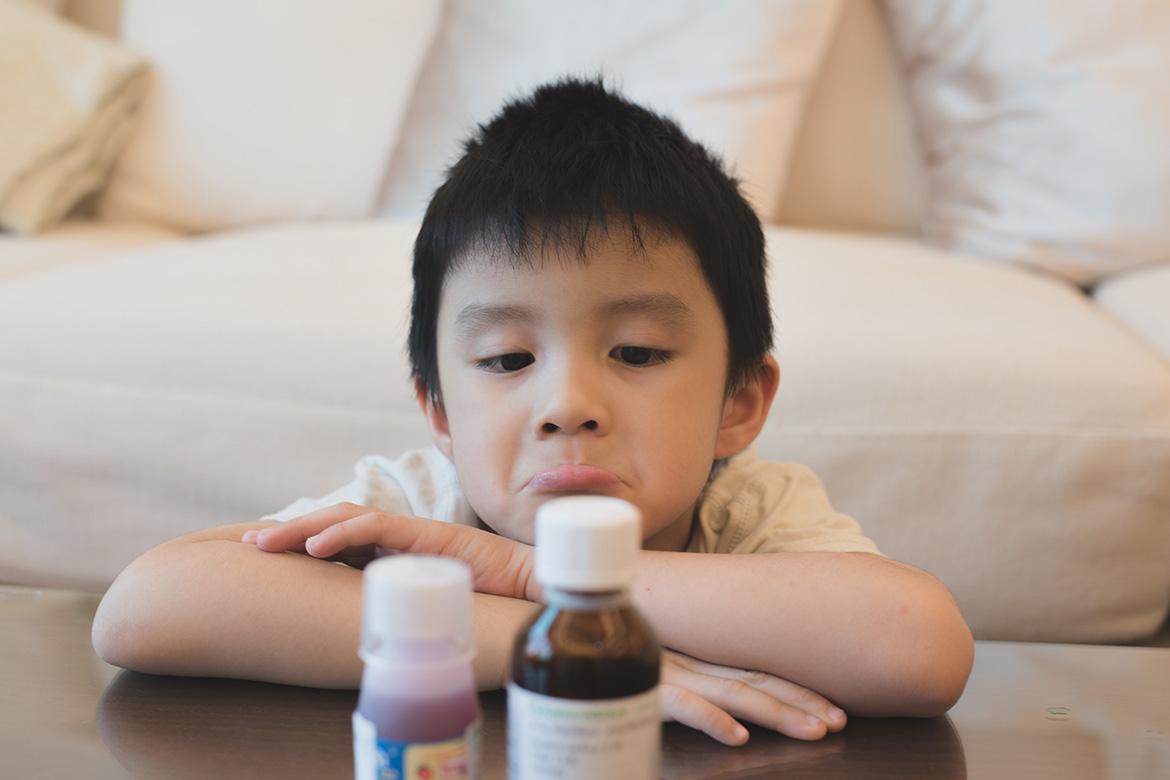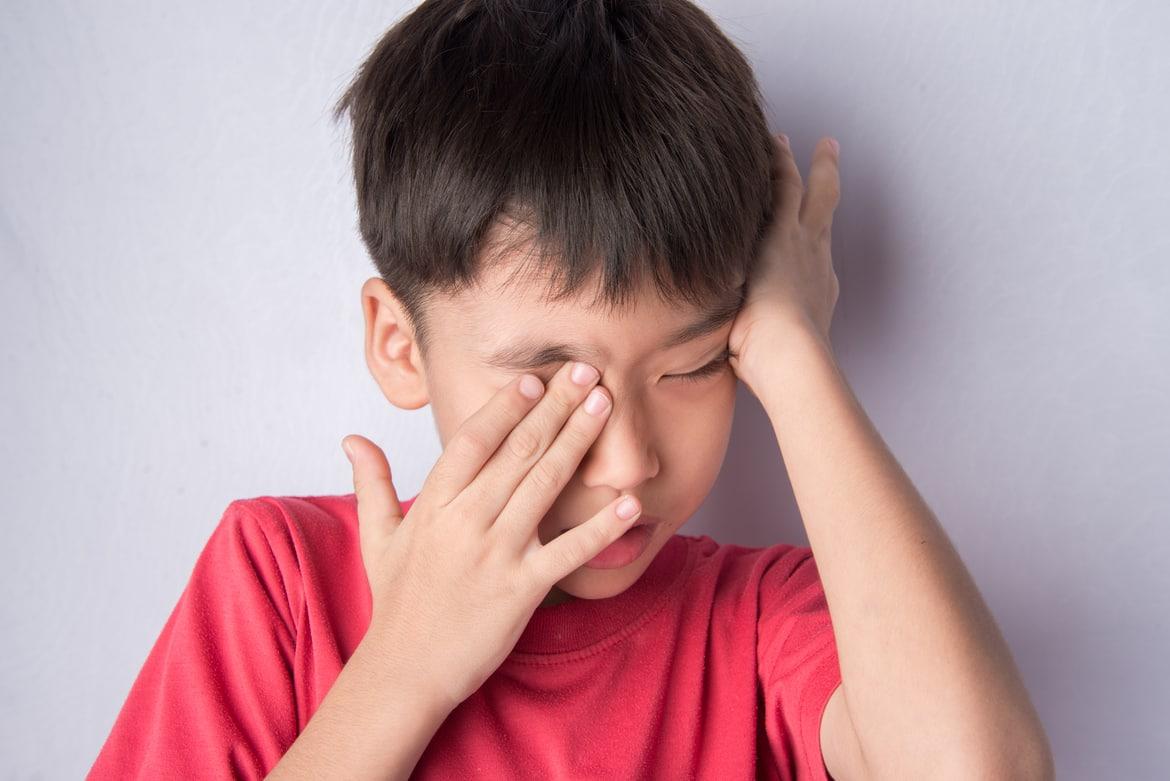-
-
Featured Care Areas

Chicken Pox (Varicella Zoster)
Frequently asked questions
A: Chickenpox is transmitted by direct contact with infected droplets, such as saliva or mucus from coughing, sneezing or talking. It also spreads through contact with fluid from chickenpox blisters. The virus can be passed by touching contaminated surfaces, such as through sharing utensils and personal items.
A: The chickenpox illness lasts about 5 – 10 days. However the contagious period starts a few days before the blisters/rash appears and until all they have dried up (about a week after they appear).
A: Chickenpox is contagious a few days before the rash appears and until all the blisters or rashes have dried up (about a week after they appear).
Chickenpox is most contagious on the day before the rash appears.
A: Chickenpox can be prevented by avoiding contact with anyone who has the illness. If your child is sick with chickenpox, keep them home. Chickenpox spreads easily though direct contact or via infected droplets from an infected person who coughs or sneezes. It can also spread by direct contact with contaminated objects or the fluid from chickenpox blisters.
A: The chickenpox vaccine typically provides lifelong immunity.
A: If your child has a skin problem like eczema, seek the advice of your doctor on which creams you can use on your child’s rash.
Children with severe infections may need to be treated with anti-viral medications prescribed by your doctor.
Children with underlying serious medical conditions which cause them to be immunocompromised may also need anti-viral medications urgently upon known exposed to chickenpox. Do see your doctor early after any possible exposure.
A: Chickenpox is highly contagious and can spread very quickly through respiratory droplets (saliva and mucus) that are transmitted while talking or breathing. After 10 – 21 days of exposure to the virus, symptoms will start to show.
This page has been reviewed by our medical content reviewers.
Need help?
For enquiries, please call
+65 6575 7575
For appointment bookings, please WhatsApp
+65 8111 9777
